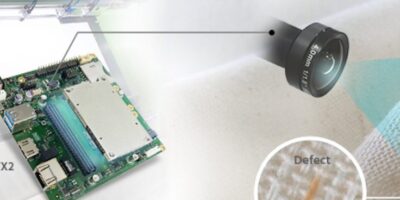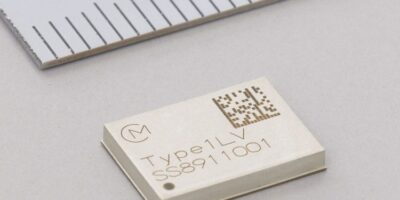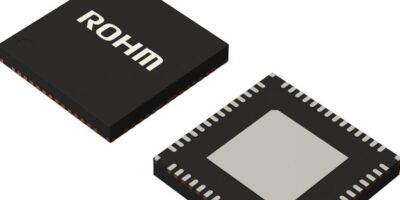At this year’s Computex (28 May 1 June, Taipei, Taiwan), Aetina will display its edge artificial intelligence (AI) computing for the smart factory.
Aetina has co-operated with a third party in the textile industry to detect defects in textile production. Its small form factor, edge computing AI platform with five 2M cameras has been deployed in a defect-detect machine. The system consists of Aetina Jetson edge AI platform and third-party algorithm, which can detect up to nine kinds of textiles and reach 90% of accuracy. With this system, the factory can realise automation for production, says Aetina.
Analyst firm, IDC predicted that there would be a quarter of the edge device supported AI solution; it is essential to connect everything to the internet in the future. Aetina has integrated the eco-partner’s WiGi (5G last mile) solution so that the detected images of the textiles can immediately be sent to the cloud. The use of the internet, means that the factory’s control room can remotely deal with most of the problem and control the status of the factory.
“The combination of our edge AI platform and the 5G solution may realize the unmanned factory soon,” said Joe Lo, general manager, Aetina.
Aetina will be showing the combination of the smart factory and 5G at Computex 2019, booth 1-K0806.
Aetina was founded in Taiwan in 2012 and provides general purpose graphics processing units (GPGPUs) and Jetson edge AI computing solutions for embedded applications. The company focuses on the industrial market, providing industrial components and longevity service.






